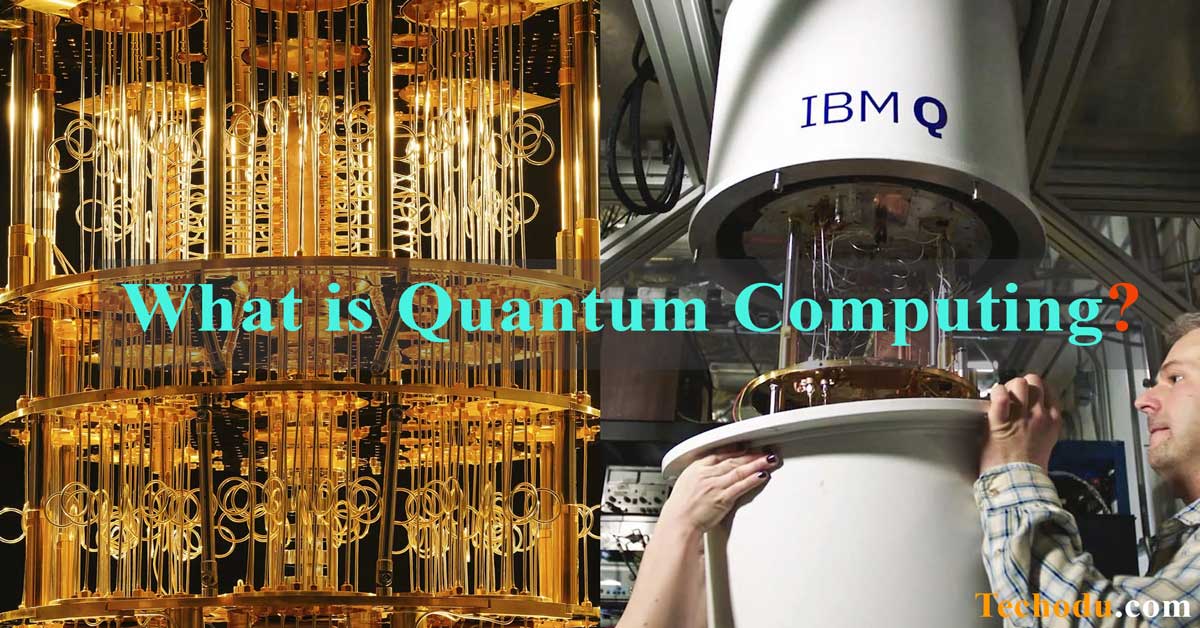Quantum computing represents a paradigm shift in computational technology, offering intriguing capabilities that transcend the limitations imposed by classical methodologies. To appreciate quantum computing, it is essential to delve into its foundational concepts, potential applications, and the underlying principles that engender both skepticism and admiration among scientists and technologists alike.
At its core, quantum computing leverages the peculiarities of quantum mechanics, the branch of physics that governs the behavior of subatomic particles. Classical computers, with their binary system, process information through bits that exist as either 0s or 1s. In stark contrast, quantum bits—or qubits—capitalize on quantum superposition, enabling them to exist in multiple states concurrently. This unique property allows quantum computers to perform complex calculations at speeds that are inherently unattainable by traditional computers.
To understand why quantum computing elicits such profound fascination, one must explore the various principles underpinning this cutting-edge technology. Superposition, as previously mentioned, allows qubits to perform multiple calculations simultaneously, exponentially increasing computational power. Entanglement, another fundamental concept in quantum mechanics, occurs when pairs or groups of qubits become interlinked in such a manner that the state of one qubit is immediately reflected in the others, irrespective of distance. This non-locality not only enhances processing speed but also introduces complexities in the realm of computational architecture and information theory.
Additionally, quantum tunneling is a phenomenon in which particles can traverse barriers they seemingly lack the energy to overcome. In terms of quantum computing, tunneling may facilitate enhanced problem-solving capabilities, allowing quantum algorithms to explore solutions more efficiently than classical counterparts. This phenomenon fundamentally challenges our intuitive understanding of computation and opens avenues toward theoretically unbreakable cryptographic systems and sophisticated optimization tasks.
As one delves deeper into potential applications, it becomes evident that quantum computing has the potential to revolutionize numerous fields, including cryptography, materials science, medicine, and artificial intelligence. In the realm of cryptography, quantum computers could potentially crack existing encryption protocols, prompting the urgent need for post-quantum cryptographic methods. Conversely, quantum mechanics can also provide heightened security measures through quantum key distribution (QKD), which promises theoretically invulnerable communication channels.
When considering materials science, quantum computing plays a pivotal role in simulating molecular interactions with unparalleled accuracy. Classical approaches to modeling chemical reactions often necessitate approximations that limit predictive power. Quantum computers, on the other hand, can harness the principles of quantum mechanics to elucidate electron behavior, thereby fostering developments in drug discovery, energy storage systems, and the invention of novel materials with bespoke properties.
Furthermore, in the domain of medicine, quantum computing can expedite the analysis of vast datasets, enabling rapid identification of patterns that correlate with health outcomes. From genomic sequences to epidemiological trends, the capacity of quantum systems to execute large-scale computations could revolutionize personalized medicine, significantly enhancing therapeutic efficacy.
In the field of artificial intelligence (AI), quantum computing presents an extraordinary opportunity to advance machine learning algorithms. Classical algorithms often encounter limitations posed by vast datasets and complexity. Quantum algorithms, such as quantum support vector machines and quantum neural networks, promise enhanced training speeds and improved accuracy, thereby accelerating AI’s evolution across industries.
Despite these promising prospects, the journey toward practical quantum computing is fraught with challenges. The act of maintaining qubits in a state of superposition is inherently delicate, requiring precise environmental control to mitigate decoherence, the process by which quantum information is lost to the surrounding environment. Quantum error correction, an area of intense research, seeks to develop methodologies to address instability, paving the way for fault-tolerant quantum computing.
Moreover, there exists an ongoing debate regarding the scalability of quantum systems. While monumental advancements have been made in research laboratories, translating these achievements into commercially viable solutions poses significant engineering hurdles. Issues such as qubit connectivity and fidelity require innovative architectures that can support large-scale quantum computations.
The reaction to quantum computing oscillates between enthusiasm and skepticism. The allure of manipulating quantum properties to solve problems once deemed insurmountable is tantalizing, yet it is accompanied by skepticism regarding practical implementation. This dichotomy underscores a general fascination with the unknown dimensions of science, where the promise of breakthrough technologies often stands at odds with the challenges of human understanding and ethical considerations.
As society progresses toward harnessing the full potential of quantum computing, it is crucial to acknowledge the broader implications of such advancements. Ethical considerations surrounding AI, privacy, and security must be incorporated into discussions surrounding quantum technologies. Furthermore, fostering collaboration between physicists, computer scientists, ethicists, and policymakers is essential to navigate the complexities associated with this transformative field.
In conclusion, quantum computing stands at the confluence of understanding and capability, poised to redefine the computational landscape. As researchers continue to unravel the enigmas of quantum mechanics, the quest for effective quantum computation unfolds a broader narrative about the potential of human ingenuity. The intersection of theoretical principles and practical applications beckons a multitude of questions, creating a rich tapestry of inquiry that advances our understanding of not only computation but also the fundamental nature of reality.












